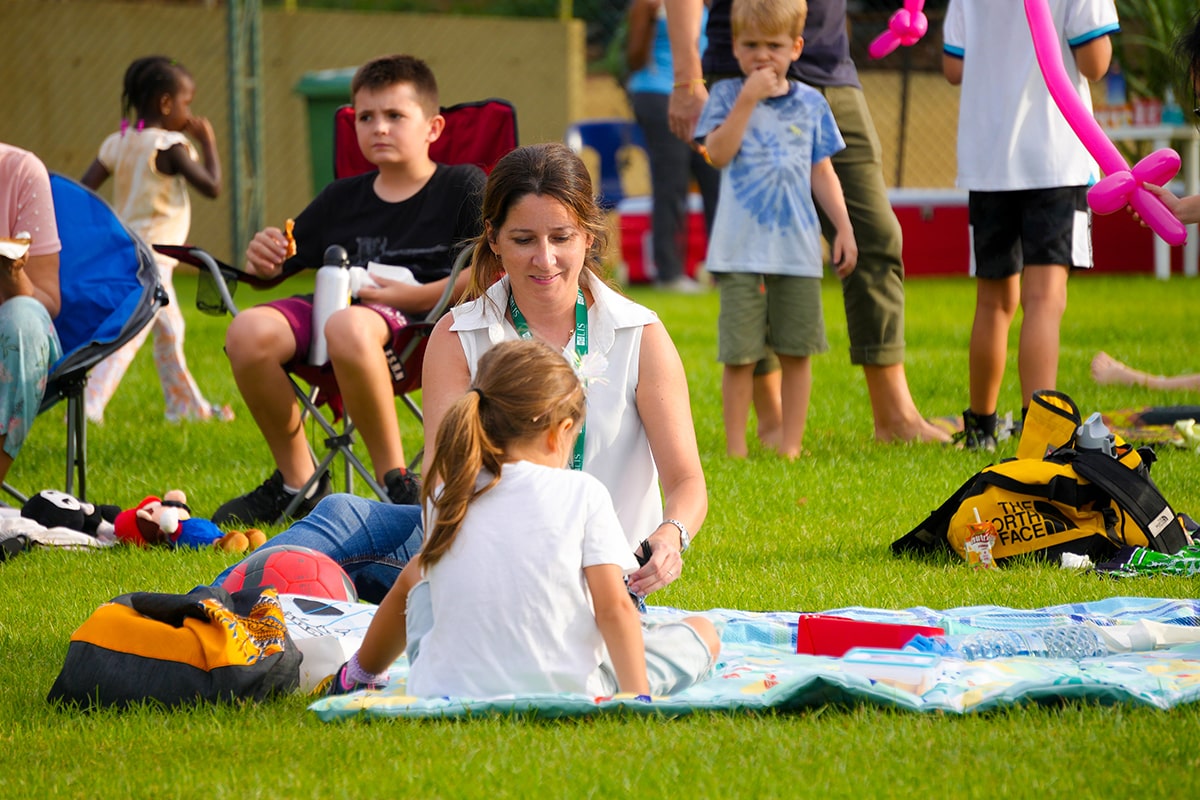Student Support Services

Learn – Thrive – Inspire
Introduction
The LIS Student Support Services, in the Primary and Secondary sections, aims to provide all students with access to the school’s curriculum as competent, inquiring and confident learners. Educational professionals from the specialties of learning support, teaching English language learners and school counseling provide instructional, social-emotional support services and university counseling, to students.
It is a requirement that any educational, social-emotional/behavioral, physical, sensory or medical need is fully disclosed during the time of seeking admission. In addition to this, academic (including achievement or diagnostic testing, tutoring, Individual Educational Plans, etc.), psychological and medical reports the applicant is receiving or has received, must be notified at the time of application. Failure to disclose this information will delay the application process and may result in the re-evaluation of your child’s offer of admission or subsequent enrollment.
External services in tutoring, therapies, and psychology are available in Portuguese, however, extremely limited services for tutoring and clinical services are available in Luanda by specialists speaking languages other than Portuguese. This situation should be very carefully considered when deciding on Luanda, Angola as a location for children and young people with needs requiring additional services and support.
LEARNING SUPPORT
Instructional support is available to students who have suspected or diagnosed learning needs which prevent them from realizing their academic potential. Support is offered based on the assessed and identified needs of students through a variety of planned instructional opportunities and in collaboration with teachers and parents.
Students with mild-to-moderate needs are eligible for services from the school’s Learning Support Teachers. With special pre-admissions consideration and other predetermined conditions of enrolment, students with needs not usually catered for through the school’s specialized services may be provisionally admitted.
ENGLISH LANGUAGE LEARNING (ELL)
At LIS the language of instruction is English, therefore English language support is offered to students who are speakers of languages other than English. The English Language Learner (ELL) teachers support students to reach social and academic age-level proficiency in English, allowing them to fully engage in the life of the school and to benefit from its rich and varied IB curriculum. English language support is available through a variety of planned learning engagements, both within the regular classrooms and in small groups or individually in specialized English language environments.
Pre-entry assessments for Primary students are only administered to non-English proficient students from the second semester of Year 5 and thereafter for all students in Years 6-13. Students are assessed using the World-Class Instructional Design and Assessment (WIDA).
LIS places high importance on the maintenance of students’ home languages, as current research suggests multilingualism aids cognitive development and the acquisition of additional languages. Students are encouraged to use their home language(s) to support their learning, we also offer after school activities in a number of home languages and have books from a range of languages available to students in the school library. We encourage parents to actively develop their children’s home language(s) skills as a tool to support their child’s learning of English and curriculum content.
COUNSELING
Our comprehensive school counseling programme focuses on what all students should know, understand and be able to do in the four domain areas: Academic, Career, Personal/Social and Global Perspective. The emphasis is on academic and social success in the international context, for every student; working in partnership with parents, faculty, school leaders and outside resources in support of students achieving their goals.
The purpose of the school counseling programme is to impart specific skills and learning opportunities in a proactive, preventative manner, ensuring all students can achieve school success through academic, career, personal/social and global perspective experiences. Therefore, the school counselor’s duties are focused on programme delivery and direct counseling services, in both a teaching and advisory capacity. Preventative education is accomplished through the implementation of the Wellbeing curriculum in the classroom and through coordination of prevention education programmes such as, but not limited to conflict resolution, anti-violence, bullying, transitions, acceptance of diversity etc.
UNIVERSITY COUNSELING
The LIS upper secondary counselor assists students to research and identify post-secondary choices that are a good match for individual interests, achievement levels, needs and goals. The counselor provides a wide range of support to students and their families through the post-secondary planning and application process. This includes advising on course and career path selection, assisting students with personal statement writing, and hosting university information evenings for students and parents.